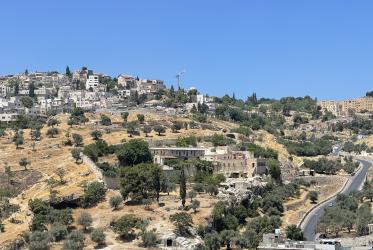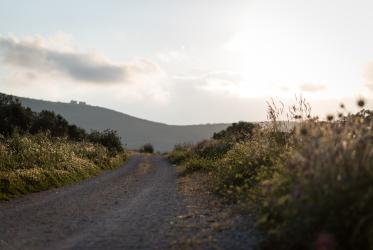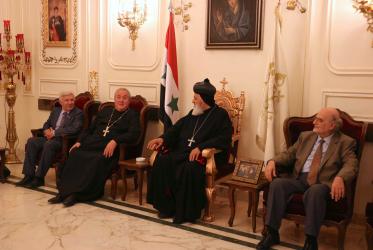Displaying 81 - 100 of 219
As Bethlehem prepares for Christmas, ‘it’s all about community’
08 December 2022
בזמן שבית לחם מתכוננת לחג המולד, "הקהילה היא העיקר"
06 December 2022
Alors que Bethléem prépare Noël, «tout est dans la communauté»
06 December 2022
Promoción de la dignidad humana a través del arte
07 September 2022
Förderung der Menschenwürde durch Kunst
07 September 2022
Promotion de la dignité humaine par l’art
07 September 2022
Promoting human dignity through art
06 September 2022
“My hope is in you”—youth in the Holy Land carry the future
17 August 2022








